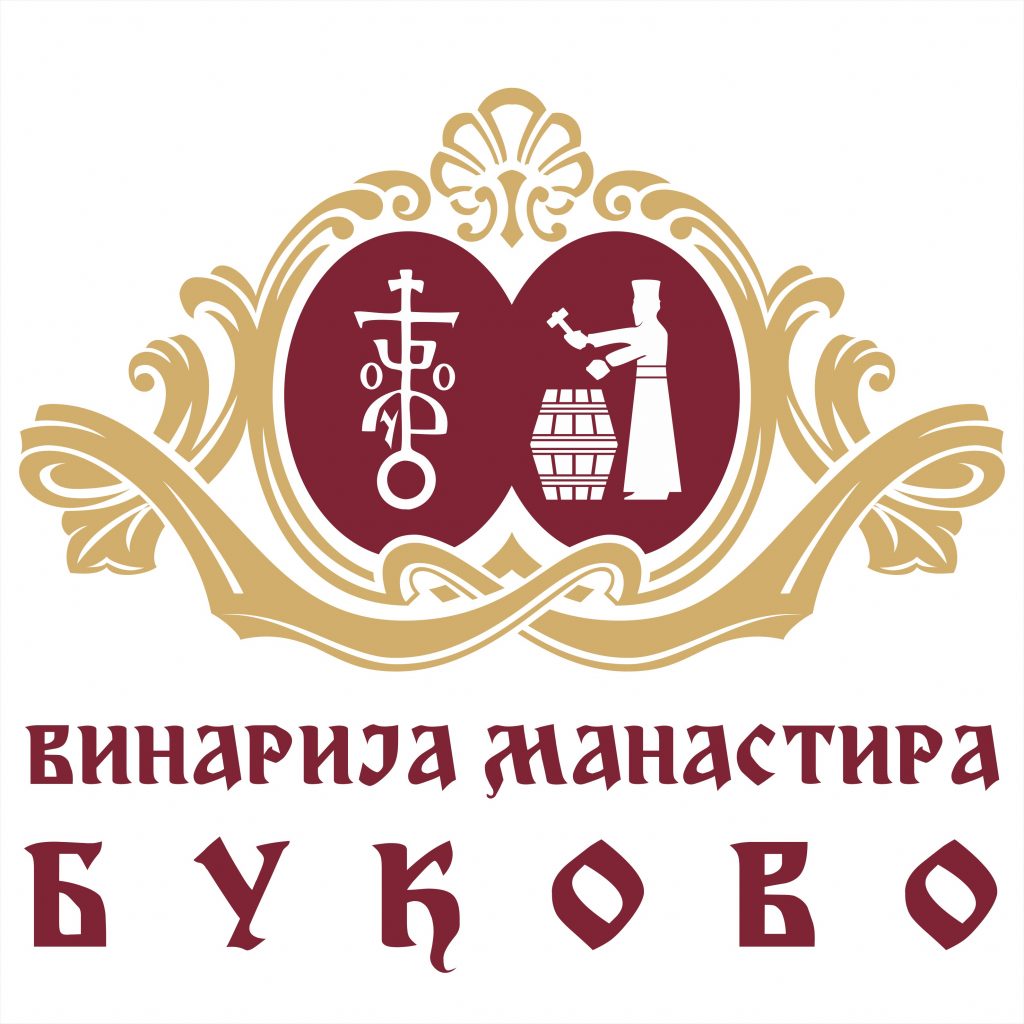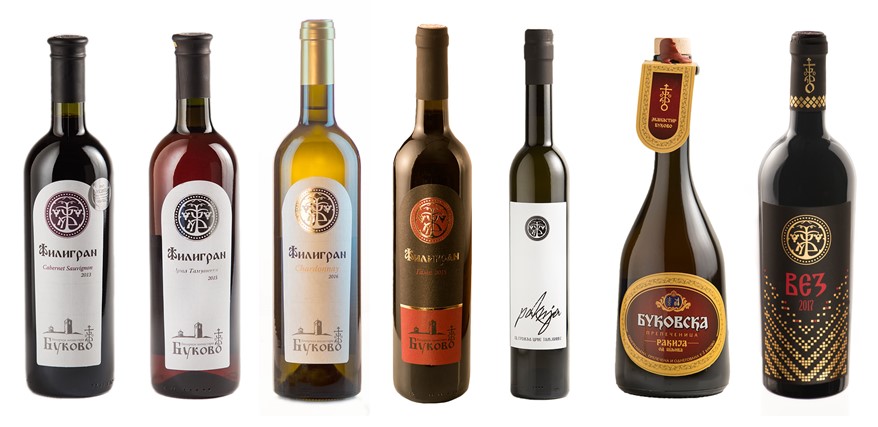IOC 2023 Exhibition

The tradition of cultivating grapevines and producing wine in the Negotin region is inextricably linked to the Bukovo Monastery. Due to its favorable geographic location, exceptional climate conditions, and unique soil type on the monastery estate, the Bukovo Monastery has been the synonymous cornerstone of viticulture and winemaking in this region for centuries.
Following the appearance of phylloxera, which seriously threatened European, including Serbian, viticulture at the end of the 19th century, the Bukovo Monastery established the first viticulture school on its estate in 1887. It became the first state agricultural school for viticulture and orcharding four years later. The monastery became the center for the revival of viticulture in the Negotin region.
Our monastery’s rich history of viticulture and winemaking, serving as a unique legacy for generations, inspired Bishop Timočki Justine to continuously encourage the brotherhood under his spiritual guidance to revive and continue this tradition. These efforts have borne fruit, and the monastery’s brotherhood has cultivated a unique vineyard of the Black Tamjanika grape variety on a two-hectare surface. This ancient variety has not only been preserved but has also laid the foundation for the creation of a new, authentically Serbian wine.
This specific Muscat variety is challenging to cultivate due to its periodicity in bearing fruit and yield. Black Tamjanika grapes consistently reach sugar levels between 25% and 32%, and in exceptional years, with lower yields and a “drying” phase, they can contain up to 45% sugar. This grape can produce wines with alcohol content ranging from 14% to 17.6%, with residual unfermented sugar, making it an exceptional semi-sweet Muscat wine.
The monastery expanded its grape varieties in the following years, including Cabernet, Merlot, Burgundy, Gamay, and the Chardonnay white variety.
The monks exclusively use spontaneous fermentation to produce their wine and carry out vinification by manually submerging the cap while controlling the temperature of the fermentation process.
Striving to unite tradition and modern technology in winemaking, the monks, through their hard work and dedication, seek to nurture monastery vineyards, relying on the grace of God to compensate for all our shortcomings, to reintroduce top-quality wines worthy of this climate to Serbia.

